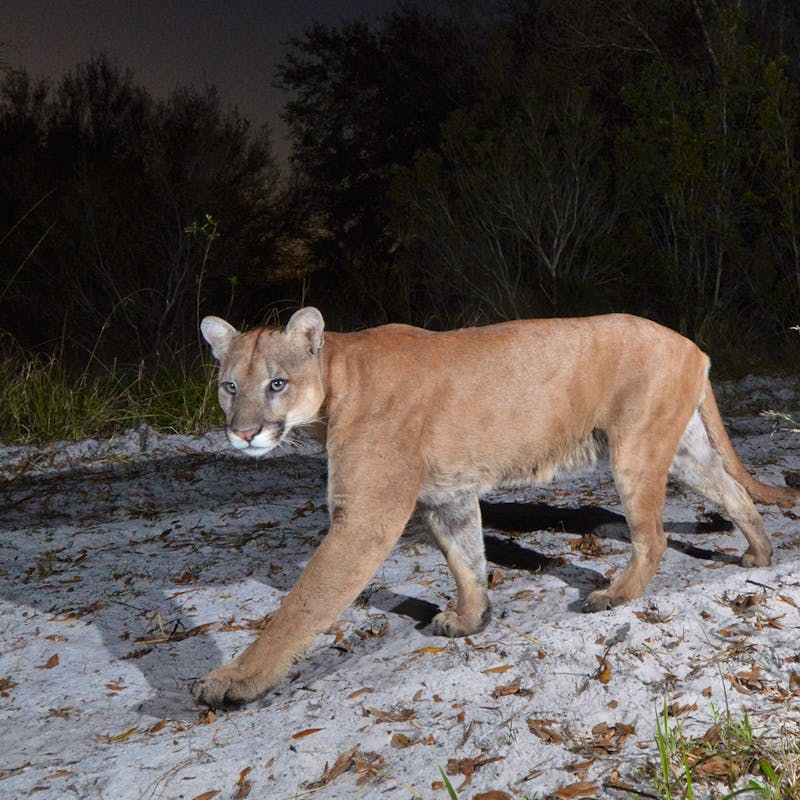 This week, the National Journal’s Energy and Environment Experts Blog asked, “Should Obama open Arctic waters to drilling?” Defenders’ former president and CEO Jamie Rappaport Clark responded with a resounding, “NO.” Read more about what she has to say about risky drilling in the pristine Arctic environment.
This week, the National Journal’s Energy and Environment Experts Blog asked, “Should Obama open Arctic waters to drilling?” Defenders’ former president and CEO Jamie Rappaport Clark responded with a resounding, “NO.” Read more about what she has to say about risky drilling in the pristine Arctic environment.
It’s been a busy time for the Obama administration’s rubber stamp of Big Oil’s to do list. In August, the administration approved the first part of Shell’s plans to start drilling in Alaska’s Beaufort Sea as early as the summer of 2012, the most aggressive Arctic drilling proposal in the history of the country. And just this week, the administration reaffirmed the sale of almost 500 oil and natural gas leases in the adjacent Chukchi Sea, opening 2.8 million acres to drilling. This isn’t just giving offshore drilling the green-light; this is slamming on the accelerator, apparently with the hope or expectation that the obstacles in the road ahead—the rough, frozen Arctic seas, the harsh climate and remote location—magically vanish.
What ever happened to the Obama administration’s stated commitment to make decisions “based on sound science and the public interest, and not on the special interests?”
What ever happened to the Obama administration’s stated commitment to make decisions “based on sound science and the public interest, and not on the special interests?” Because if that commitment held true, the government wouldn’t allow drilling in the Arctic’s extremely sensitive and unique marine environment until we have filled the glaring information gaps identified by the U.S. Geological Survey just this summer. It would have acknowledged the recent studies that show that the Beaufort Sea’s Camden Bay provides habitat of “special significance” to the endangered bowhead whale. And it certainly would have heeded the U.S. Coast Guard officials’ repeated warnings that the resources to clean up an oil spill in the waters of the Arctic Ocean simply don’t exist. And yet none of that information has slowed down the “full speed ahead” attitude toward drilling in the Arctic Ocean.
After BP’s Deepwater Horizon oil disaster, the Obama administration wisely delayed plans by Shell Oil to drill in the Arctic. Now is not the time to give in to pressure from Big Oil and forgo that prudent commitment to safety. There is still too much to learn about the pristine Arctic environment, and too much to lose if we don’t. When it comes to opening the Arctic waters to risky drilling, the administration should not let the voice of reason—and of science—fall on deaf ears.
Learn more:
See how offshore drilling threatens the Arctic’s fragile marine environment.




